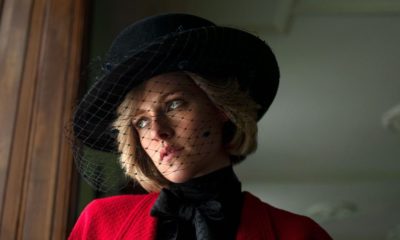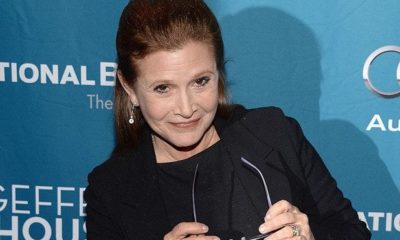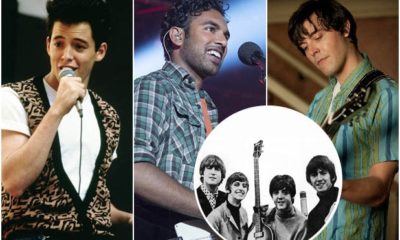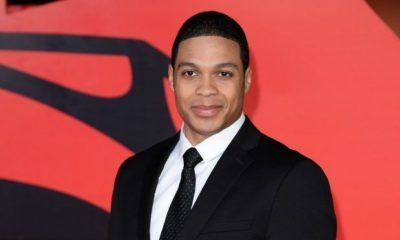With the Dec. 23 incident — Carrie Fisher suffered a massive heart attack aboard a plane and — though she’s reportedly in stable condition at this time — we’re a little out of it, honestly. Everybody has their Screw 2016 moment and sometimes what does it, what crosses the line, might surprise you. Or how you cope.
We turn to the internet, and realize in doing so that what attracts us most isn’t the franchises or the guest appearances, but real-life Carrie — her interviews, her one-woman show, her books — who offered the most and truest connection. It’s a funny thing.
As social media and growing connectivity brings us closer and closer together — the people we know and love, the people we admire from afar, the people we elect to govern us — there’s an effect we don’t have a word for yet: That icky suspense of wondering where pulling back the curtain on a hero or an icon is going to reveal something terrible or shocking. That disappointment in our heroes will make us fools for ever believing in anything, or regretting taking a look at all.
Carrie Fisher is an icon by any measure: A time capsule of the past century would put her next to Mickey Mouse, McDonalds and the internet — but’s also been, all along, a leader in breaking down that dumb wall between celeb and fan, product and consumer, that we’re all still contending with. Before there even was an internet, Carrie — with her books, candid interviews, sly hilarious cameos and late-night appearances — knew the truth we’re all still learning:
The mirage of separation is a monster that only feeds itself.
We tend to think her of as “personality and grande dame Carrie Fisher” first, then General Leia Organa, then her semi-autobiographical self (“Postcards From the Edge,” etc.), and then her other roles. While her performances come from a deep and uncanny place — from the start, with “Shampoo,” to her groundbreaking Princess Leia — it’s the essential Carrie-ness coming through that we react to, that spark of mad genius and deep spirit, and so we’d like to take a moment today to consider the woman, and not the product.
Classic nerd narrative would have you believe that for “all of us” — “us” here actually a minority of total humans — Princess Leia is the nexus of all sexual awakening. Not an inauthentic statement, but certainly narrowly applied — and in this case tends to overshadow everything else about the character, her creator, or her place in feminist and film canon.
Having said that, here is Carrie Fisher throwing some damn heat into her original “Star Wars” audition. We don’t get to see what happened to her reading partner here, but we hope he survived.
[embedded content]
More recently, Carrie gave the hands-down greatest promotional tour of all time, for “The Force Awakens” — with this particular interview the pinnacle of a lollapalooza that went on for months.
[embedded content]
Imagine being in that position — playing a role that feels iconic, but assuming it won’t go anywhere, and then finding yourself caught up in a rockslide of fame that continues going just as strong, forty years later.
You’re already the daughter of two of the greatest stars of their era, as she explains in this fascinating and immortal clip from “Wishful Drinking,” her one-woman show that finally aired on HBO in 2010:
[embedded content]
And thinking back to the days when you were — always self-possessed, preserved forever in this Goldilocks zone between boredom and utter intensity — admitting off-the-cuff to a local journalist that nobody needs a bra in space:
[embedded content]
Once you really start tracing these interviews, you realize Fisher’s true strength is in intimacy: Bonding, connecting, conversing with such focus and singlemindedness that the world fades away. A frontline general, at home or away.
RELATED: Forrest Whitaker’s ‘Rogue One,’ ‘Star Wars Rebels’ connection one of many
It’s a key to great acting, and to becoming a historical figure — we know as much about the parties Joni Mitchell was at, for example, as we do about her romantic history; everybody’s got a Joni story, a Carrie Fisher story — and from any direction it’s what gives Carrie her power.
Candid and on-point with Charlie Rose in 1994:
[embedded content]
Showing some damn grace under pressure with Mike Douglas in 1977:
[embedded content]
Charismatic and dedicated to the task before her — to the point of randomly summoning a killer Jawa impression for a small-stakes local reporter — in that same year:
[embedded content]
Most of us keep our stuff on the inside, where it can do the most damage, because we’re afraid we are abnormal — that if anybody saw what was really going on in there, they’d run screaming. Even consciously knowing that’s not the case, it’s still a tough habit to break. But the purest and most effective people do what they do not because they can, but because they must.
In the end it’s always been a chicken-or-egg whether Carrie Fisher practicing this radical transparency from day one was a choice, or because it’s simply who she is: Either way there’s no way to stop it, either way there’s no reason to do so. That’s life during wartime.
As fun and funny as Carrie is, talking about her mistakes — the Harrison Ford thing; the endless and brutal, dangerous cycle of self-medicating her own mental illness before a diagnosis could be made; even the wild-ass reinvention of Tweeting as a concept — they have that addict’s sense of being in the past, as stories that happened to somebody, who happens to be her. And for a lot of celebrities, that’s enough.
But Carrie likes to go straight in, as in this long and candid talk she had with Oprah that was — in a note-perfect moment of life imitating “Postcards From the Edge” — adorably dominated by Debbie:
[embedded content]
And of course, this second-greatest highlight from “Wishful Drinking,” which contains the most indelibly Carrie punchline of any clip here:
[embedded content]
In 2003, when “You’re Beautiful’ singer (and former British Army recon officer) James Blunt was working on his album “Back to Bedlam,” he stayed with Carrie and they got awfully close. When “Vanity Fair” asked her about it in 2006, she said this — it’s eye-opening. Not just about Blunt’s story, but about the discipline — and diamond-bright emotional perception — Carrie’s circumstance forced her to achieve:
“He was a soldier. This boy has seen awful stuff. Every time James hears fireworks or anything like that, his heart beats faster, and he gets ‘fight or flight.’ You know, he comes from a long line of soldiers dating back to the 10th century. He would tell me these horrible stories. He was a captain, a reconnaissance soldier. I became James’ therapist. So it would have been unethical to sleep with my patient.”
In 1916, Yeats wrote in “No Second Troy,” a poem about his own rebel princess Maude Gonne:
What could have made her peaceful with a mind
That nobleness made simple as a fire…?
It’s a phrase and poem I’ve always loved personally, and watching “Wishful Drinking” it kept echoing through my head: This woman with the deep voice and the eagle’s stare and perfect posture, who grew up in a Sofia Coppola movie, forced to contend with being both magnetic and wide-spectrum hot… And then superstar famous on top of it? In the public eye unceasingly, growing older and softer and funnier, more wry, more dissatisfied with an unnecessarily ugly status quo: What could ever give that mind peace?
In 2013, alum Joss Whedon gave the Wesleyan commencement address, and offered this nugget, among many:
If you think that happiness means total peace, you will never be happy. Peace comes from the acceptance of the part of you that can never be at peace. It will always be in conflict. If you accept that, everything gets a lot better.
For those of us who worry we may never find even partial peace, that seems wise enough, if insurmountable. But Carrie Fisher tells us, shows us — patiently and with humility, over and over and over — exactly how to pull it off. “Brave enough to stand in my truth” may sound like something your second-most favorite aunt might say, but only because it rings true enough to have become a cliche; it is how Carrie Fisher saves her own life, again and again. Maybe better to say, “Make friends with the bear before he can get you.”
Because whether it’s a space-fantasy revolution, or a lifetime of dramatic reversals, or a list of hard-won wisdom and comedy, Carrie’s life and career at least demonstrate this: Her instinctive understanding that the word for her greatest creation, General Leia, has always been “hope.” “You’re my only hope,” “A New Hope,” even the last moment of “Rogue One.”
There is no such thing as a tragedy — just the place where you stop telling the story for a little while. The rebellion is only ever carrying on.
The first of these two last clips is part of an astounding conversation with Courtney Love on Carrie’s short-lived, much-beloved chat show, “Conversations from the Edge with Carrie Fisher”:
[embedded content]
“Do you know what misandry means? It’s the opposite of misogyny…”
“– I’m in.”
If that didn’t get your hands in the air, we’ve got some followup questions for you. But first, here’s a bonus reminder of just how talented and multifaceted — how dedicated to saving even the most clearly doomed wreckage from its own flames — Carrie Fisher has always been.
[embedded content]
Happy Life Day. Let’s make it a bright one.
Source link



 Movies News4 years ago
Movies News4 years ago
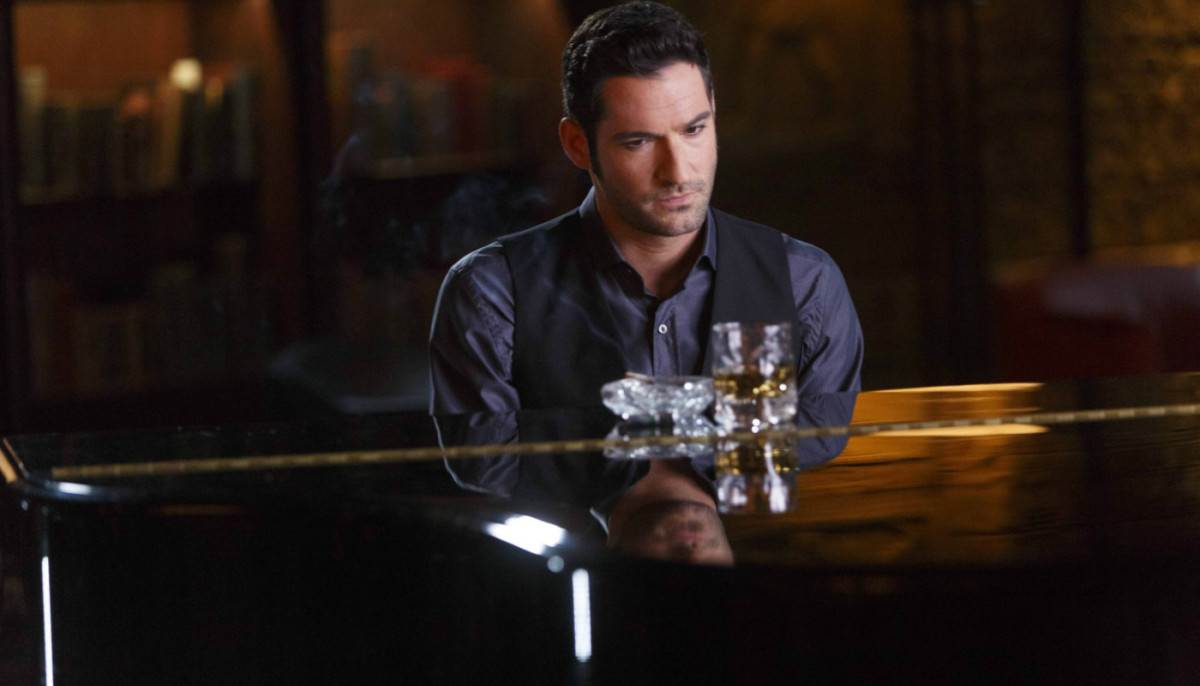

 Celebrities8 years ago
Celebrities8 years ago


 Movies News8 years ago
Movies News8 years ago
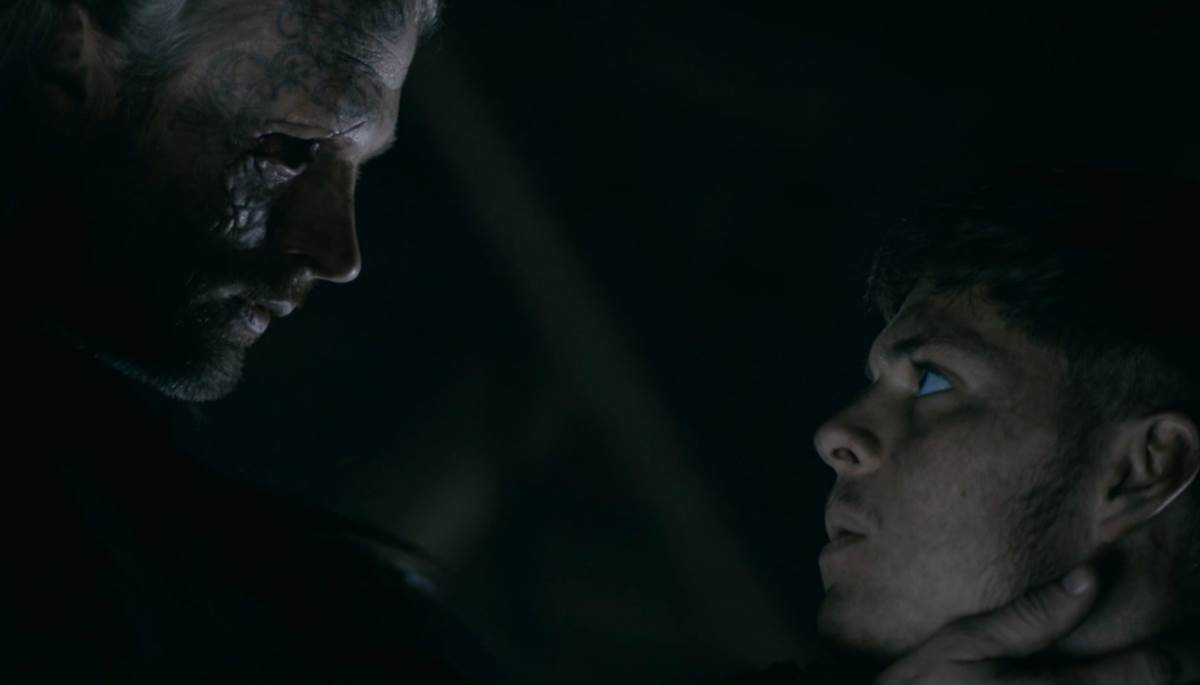

 Celebrities7 years ago
Celebrities7 years ago
